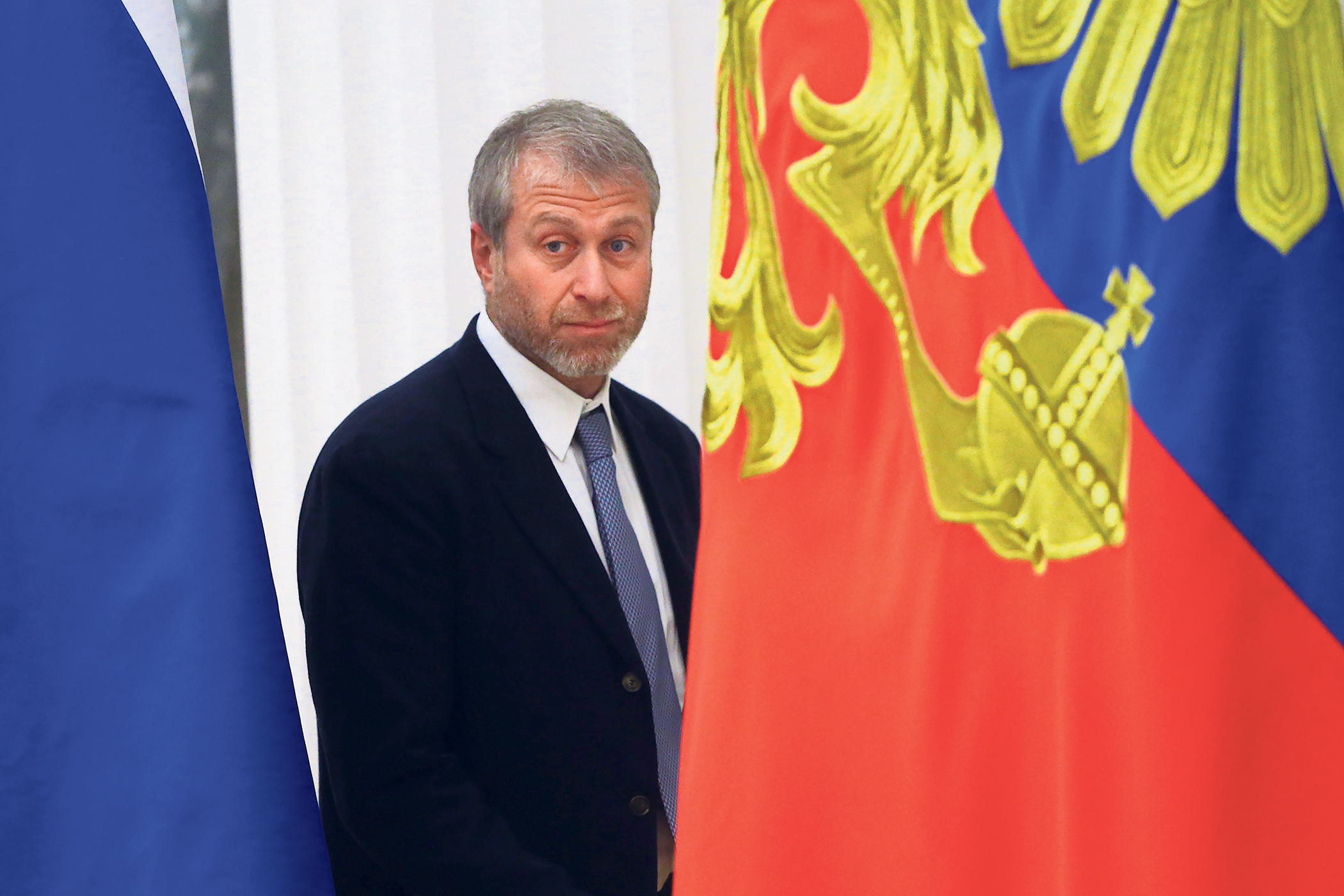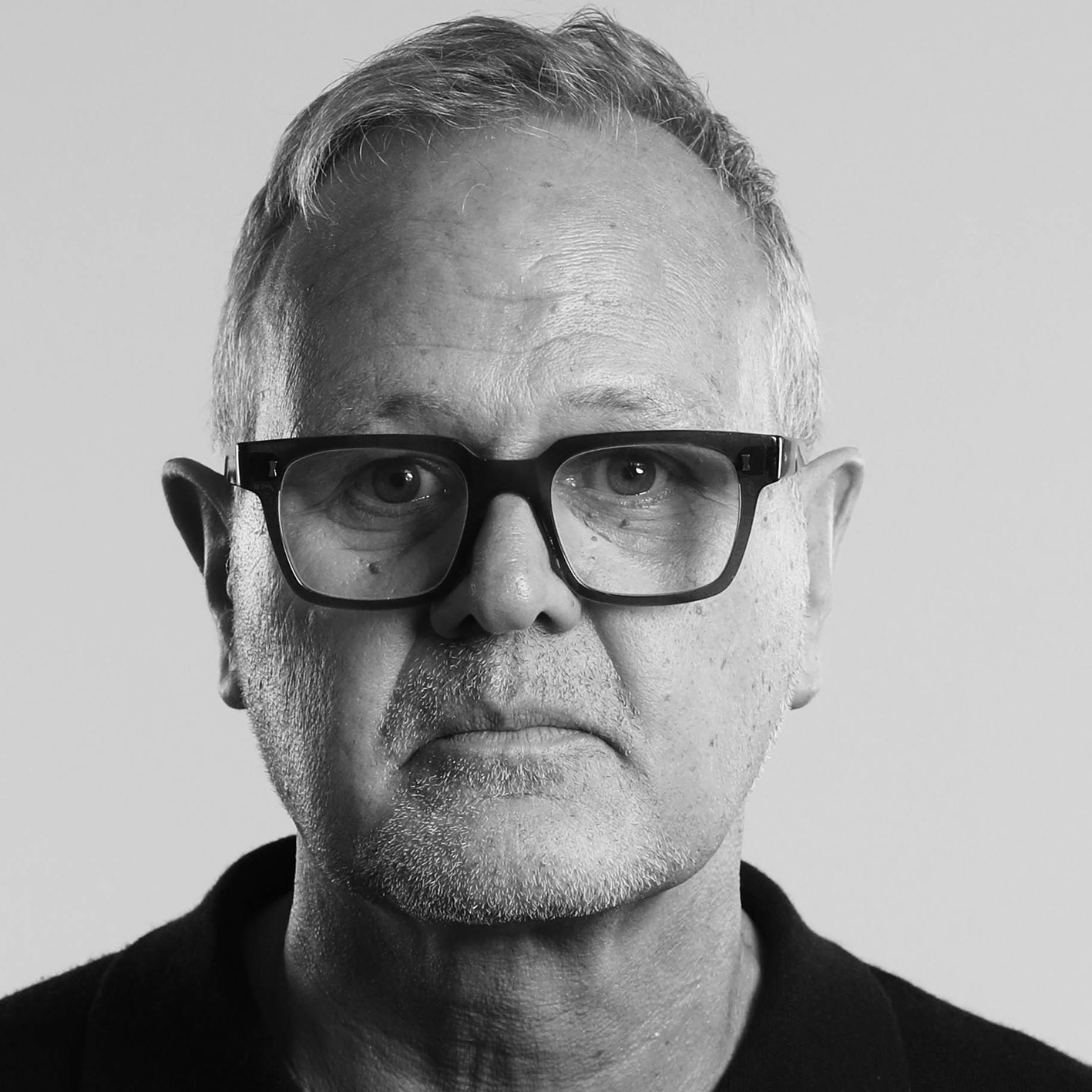When Russia’s army poured over Ukraine’s border in February 2022 in what Vladimir Putin called “a special operation” – aka, a full-scale invasion of a sovereign state – it was perverse to imagine one of the Kremlin’s favoured oligarchs hanging on to Chelsea.
Roman Abramovich could smell the wind too and transferred control of the club to their charitable foundation before selling it for £2.35bn. This was a fire sale with a difference. The proceeds wouldn’t be returned to Abramovich’s financial kingdom. Instead they would form a fund for the benefit of “all the victims of the war in Ukraine” (his phrase). It was redistribution for a good cause.
But which victims? Russian and Ukrainian, or just Ukrainian? And would the whole £2.35bn be donated, or just what was left when Abramovich’s loans to Chelsea were repaid? Into that legal quagmire disappeared a good intention that has yet to be realised, three and a half years after Todd Boehly and Clearlake Capital bought Chelsea.
Politics is everywhere in sport – but this wasn’t T-shirts or slogans. This was bounty from the forced sale of a Premier League club in the heart of London being given to victims of an illegal invasion because it was the right thing to do. A rebuke to Russia, certainly, but also a humanitarian enterprise, to repair harm. Well, the money hasn’t arrived, and Putin’s assault on Ukraine continues, creating more victims who have yet to see the Chelsea windfall.
Proceeds from the sale remain frozen in the bank account of Fordstam Ltd, the club’s former parent company. If Abramovich’s loans to Chelsea are repaid, £923m will be left – and even that’s trapped. The government specifies “humanitarian causes in Ukraine”. Abramovich always wanted Russian suffering to be alleviated, too. This week he complained the money has been “effectively paralysed since 2022”. The government on the other hand has threatened court action to ensure the cash goes to Ukraine – and only Ukraine.
You can picture that bead of sweat rolling down Abramovich’s brow if he had to tell Moscow the full amount was heading to Kyiv and Kharkiv, and none to Russia. It’s inconceivable the Kremlin would be neutral on what he agrees with the UK government. Not that he can play the victim. Abramovich’s legacy at Chelsea is messy. In September, 74 charges were filed against the club for breaching the regulations on payments to agents. The alleged offences were self-reported by the new owners. The club had already paid an £8.6m fine to Uefa in 2023.
But the story of how our government woke up too late to the Russian threat remains the backdrop to an impasse with an oligarch who was in the front row, beaming at his president, when their country was awarded the 2018 men’s World Cup.
Back then, London had become the money laundering capital for Russians who gorged themselves on public assets when the Soviet Union collapsed. Open to plundered wealth, the UK took a relaxed view too of the super-rich using the British legal system to silence journalistic scrutiny through “Slapps” – “strategic lawsuits against public participation” – effectively a sledgehammer against so-called defamation.
The western conceit was that Putin’s kleptocracy could be westernised, neutered. That delusion collapsed when the whole of Salisbury was endangered by the poisoning of Sergei and Yulia Skripal with Novichok in 2018. A police officer was hospitalised and a British woman, Dawn Sturgess, died after coming into contact with the Soviet-era nerve agent. An inquiry found there had been enough Novichok in Salisbury to “kill thousands”.
It was too much even for the UK’s laissez-faire culture of laundering Russian lucre and allowing moguls to bully journalists through luxury London law firms. Russian diplomats were expelled. But in the sporting context, England still turned up in Moscow months after the Salisbury poisonings for a World Cup that showcased Russian power.
Newsletters
Choose the newsletters you want to receive
View more
For information about how The Observer protects your data, read our Privacy Policy
One can only speculate how Abramovich regarded the upending of his business empire when Putin went to war. Abramovich had been an inscrutable and highly successful Premier League owner. Obedience to the Kremlin brought him a quiet life. The unregulated free-for-all of England’s top division was all about attracting mega-rich owners, with few questions asked.
It was a marriage of convenience, until those Russian tanks started rolling in February 2022, and the government went looking for Kremlin-aligned moguls to punish.
Even then Abramovich might have escaped. As Nick Purewal writes in his book Sanctioned, “less than 12 hours after Russia invaded Ukraine, Abramovich flew to Poland for secret peace talks” as a mediator. A fortnight later, though, he was one of seven oligarchs sanctioned in the UK. His assets were frozen, transactions with UK entities banned, and a travel ban imposed.
In Ukraine, thousands of damaged lives go on without the £2.35bn or even a £923m slice of it. It all sits frozen, awaiting a government licence.
Abramovich complains, but as things stand he is winning, even as a pariah, far from the London sporting scene he dominated. His money is still there, on ice, and his lawyers haven’t had to break the news to the Kremlin that £923m is heading to Ukraine. Short of a UK government climbdown on how the money can be distributed, the long game suits him.
It doesn’t, of course, suit the people in Ukraine his master in Moscow is slaughtering.
• This article was updated on 11 November 2025 following publication
Photograph by Mikhail Svetlov/Getty Images



